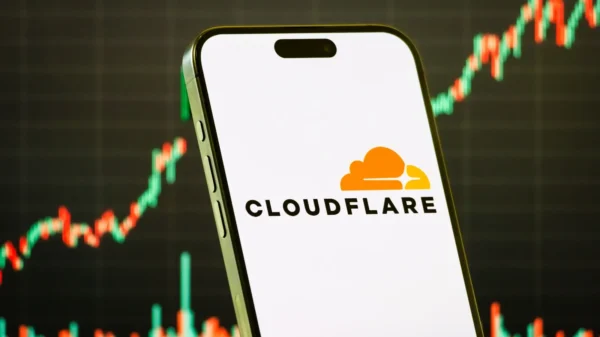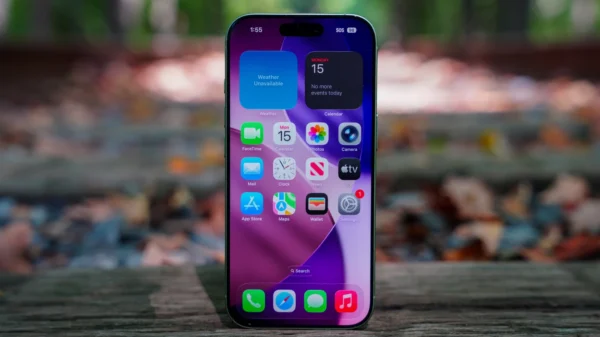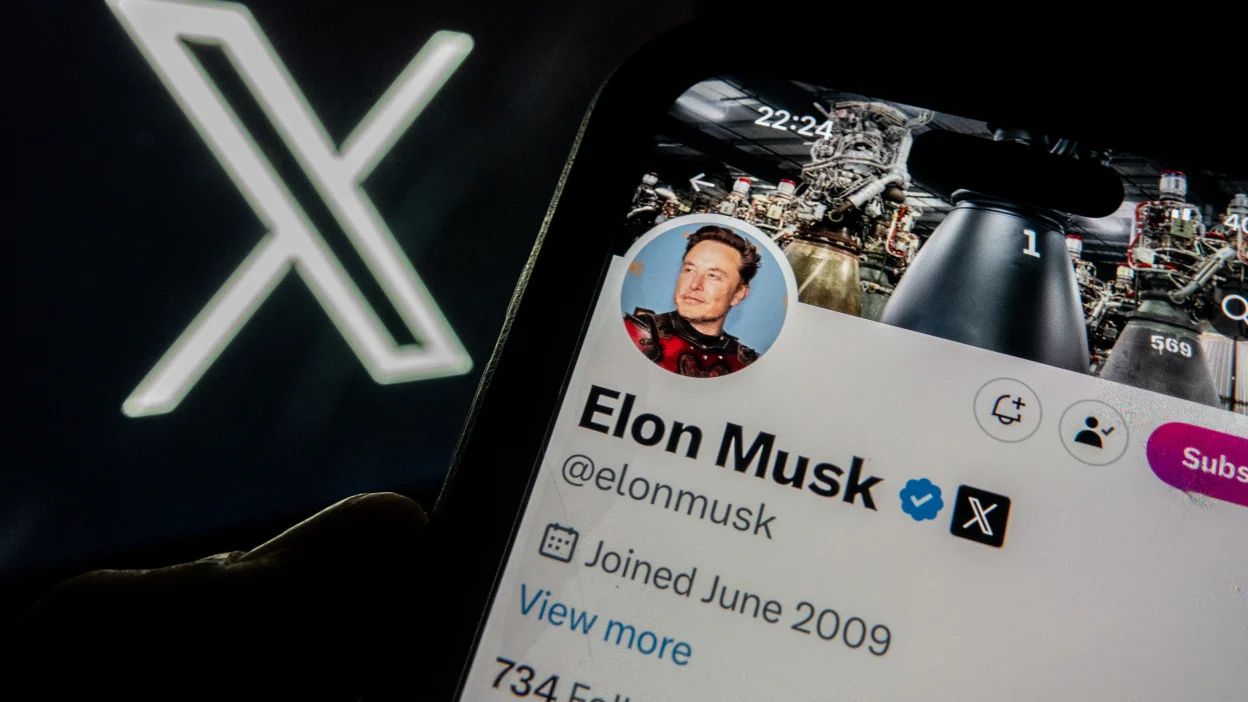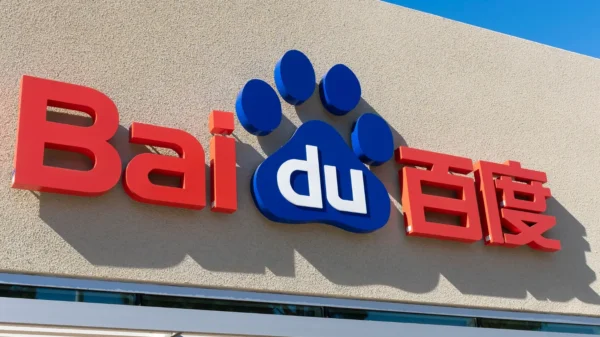Many people’s political views, as well as false information, have found a home in the internet sphere. A post on X (formerly Twitter) about a purported attempt on the lives of high-profile politicians has recently sparked intense debate. Not only is the post’s substance up for discussion, but so are its potential effects on free speech, the spread of false information, and the responsibility of internet companies to moderate online communities. This article delves deeply into the subject, addressing the key figures (Elon Musk, Donald Trump, Joe Biden, and Kamala Harris) and the fallout from these online debates.
Being a Tech Leader and Owner of Platforms: Elon Musk’s Role
A no-nonsense controverist, Elon Musk is currently the owner of X (previously Twitter). From electric vehicles to space exploration, Musk’s initiatives have transformed sectors as a tech innovator leader. Nevertheless, he is now central to debates over content filtering and free expression due to his purchase of X. While championing free expression; Musk has also recognized the necessity of combating misinformation and the damage it can do as a platform administrator. The handling of politically inflammatory messages on the site becomes more complicated and fraught with tension due to this dichotomy.
His views on free speech seem to conflict with the need to shield people from dangerous information, such as disinformation, which can have tangible effects in the real world. There are serious concerns regarding responsibility over Musk’s treatment of delicate political subjects, such as his most recent article concerning an alleged assassination. Is it more important for platforms like X to moderate content that could be harmful or contentious or for them to continue being places where people can freely express themselves?
The Political Impact and Legacy of Donald Trump on the Internet
Even after leaving office, Donald Trump’s impact on politics is felt throughout the political spectrum. Unprecedented in his use of social media, he has pushed limits and frequently muddied the waters between opinion and provocation. The move to ban the former president from Twitter after the January 6th Capitol riots caused a stir on the capacity of social media to censor influential people’s speech.
Content moderation policies face new obstacles as Trump prepares for a possible 2024 presidential run and returns to platforms like X. How can platforms strike a balance between allowing free expression and preventing harm, and will his rhetoric once again promote heated discussions online? What Musk does in response to far-reaching statements made by figures like Trump could determine the future of political discourse on platforms like X.
Avoiding Misinformation with Joe Biden and Kamala Harris
The current administration’s vice president, Kamala Harris, and president, Joe Biden, have both had to deal with the fast spread of false information on social media. A great deal of misinformation has been spread about their leadership on the internet, mostly about issues of national security, public health, and the economy. In addition to spreading false information, posts implying that they are the target of character attacks or assassination attempts endanger their safety and damage democratic processes.
On multiple occasions, the Biden-Harris administration has urged digital businesses to do more to combat disinformation. Their calls for more moderation, however, frequently run counter to free speech advocates’ claims. The boundary between protecting democracy and restricting free speech gets more porous in this setting.
The Influence of Social Media on False Political Claims
X and other social media sites have become arenas for heated political debate. Unfortunately, these platforms also foster the spread of false information despite the fact that they provide millions of people a voice. The recent uproar over a post that made assassination allegations highlights the strength and peril of free expression. Because of this, we start to wonder if platform owners should really serve as guardians of truth.
There is fresh discussion about the extent to which tech companies should regulate material now that Musk is leading X. Politically charged posts can encourage actual physical violence, especially when they address delicate subjects like threats of violence against prominent figures. In the future, Musk and other tech executives will have to figure out how to balance free speech with public safety.
Political Posts on X and Their Legal and Ethical Consequences
The ever-changing legal terrain of social media platforms is quite remarkable. Section 230 of the Communications Decency Act makes it such that platforms like X cannot be legally liable for user-generated content. In instances when online content really causes physical injury, however, this regulation has come under fire.
Finding a Happy Medium: Free Expression and Responsibility
Platforms like X must delicately balance the twin threats of free speech and disinformation if online political discourse is to continue. The question that remains is: What role should digital firms have in filtering content, given the continued influence of Trump and the ongoing targeting of Biden and Harris by disinformation?
Elon Musk has considerable influence on the trajectory of political discourse on the internet as an owner of X. Not only will his choices affect prominent politicians, but they will also shape the social effects of social media in general. In order to keep the internet safe for everyone, it will be necessary to strike a balance between limiting harmful content and preserving free speech in the future.













































